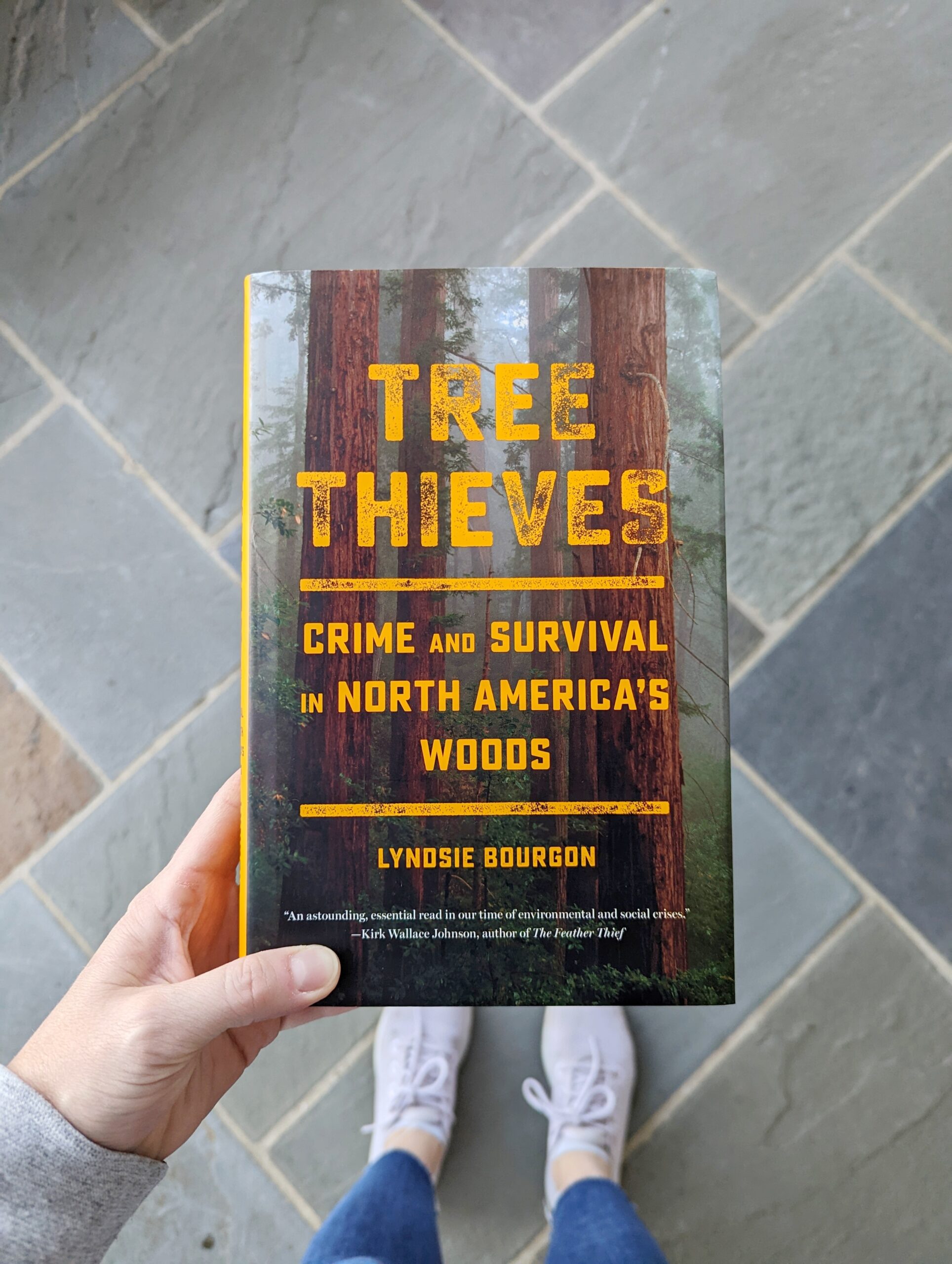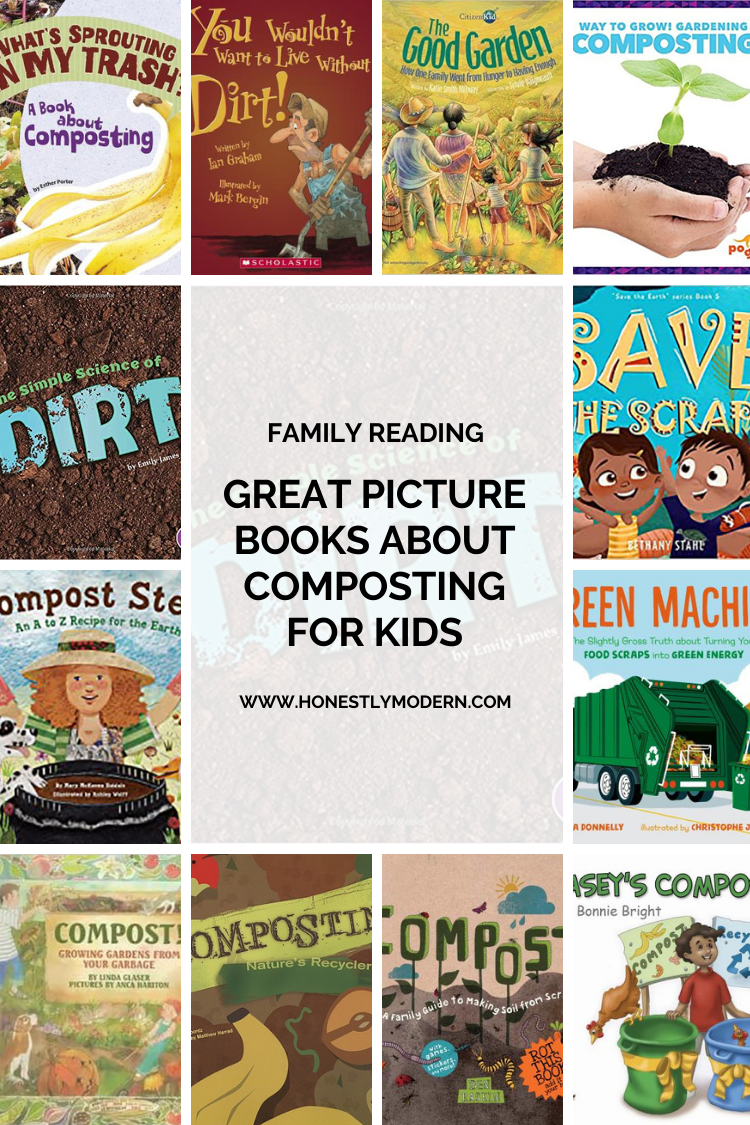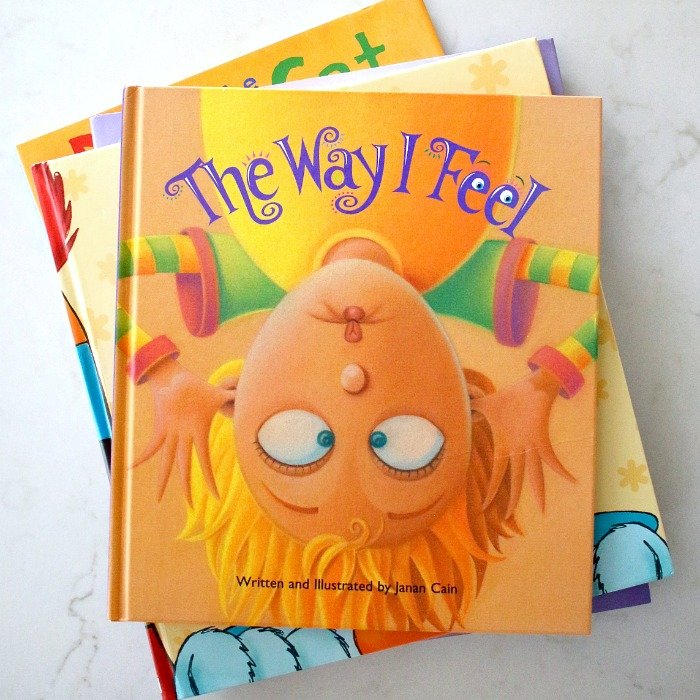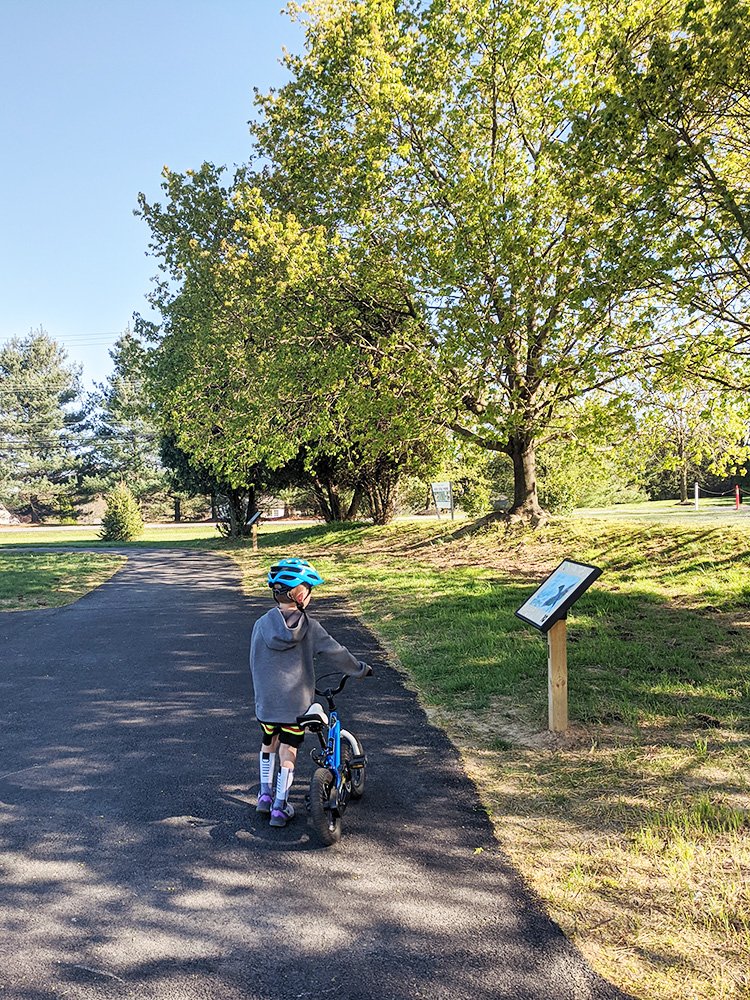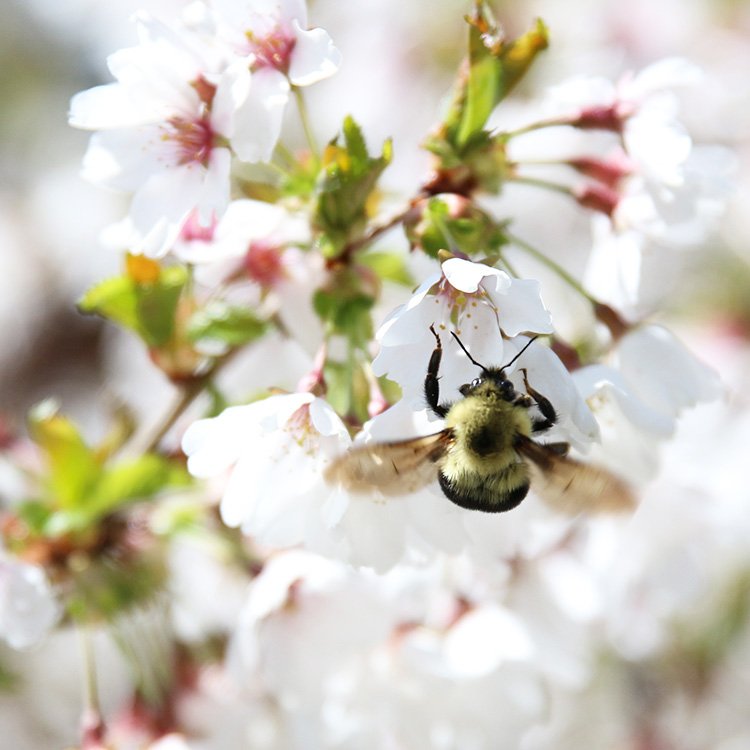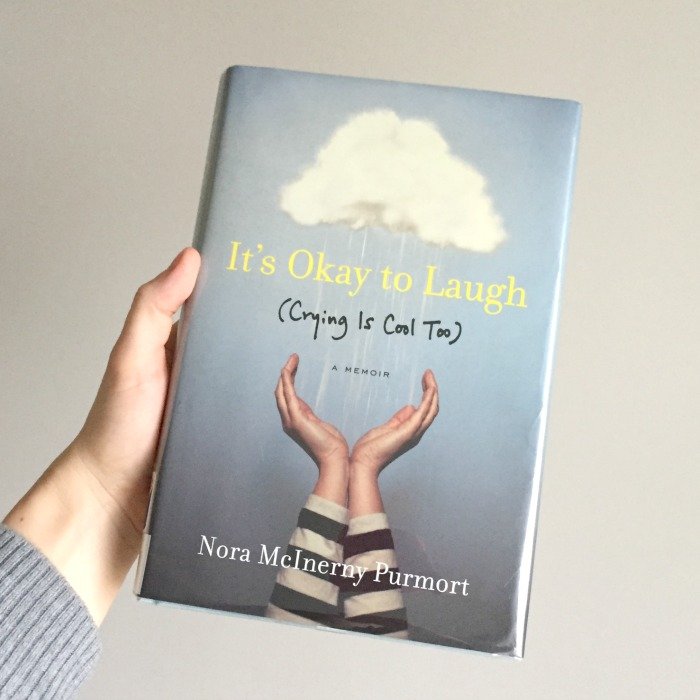Book Review of Now What? How To Move Forward When We’re Divided (About Basically Everything)
What have you been reading lately? Here are some books I’ve checked out from our local library or listened to on audio from Libro.fm lately. This post is part of a recurring series of book reviews of things I’ve been reading and listening to lately. Check out past editions of Reading Lately.
This post contains affiliate links.
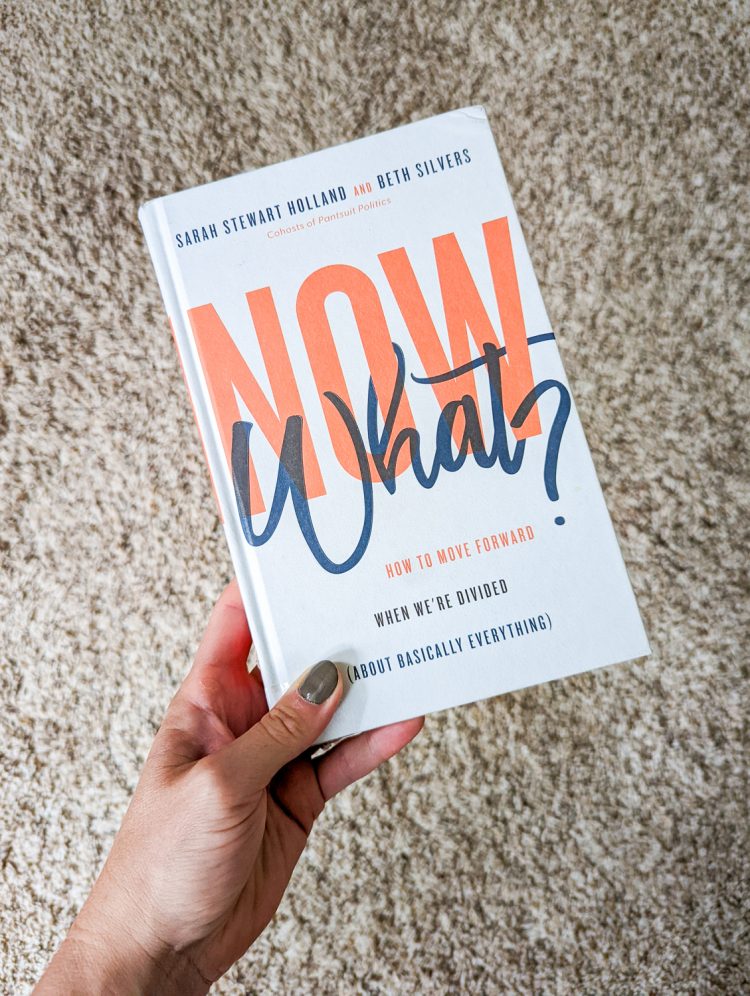
Now What? How To Move Forward When We’re Divided (About Basically Everything) by Sarah Stewart Holland and Beth Silvers
Holland and Silvers are podcast co-hosts with differing political perspectives who teamed up to have real conversations about hard topics and help others think about political matters outside the fiery and emotional spaces of mainstream media.
In this book, their second book, they seek to help others repair and preserve relationships with those in their life who hold entirely different political views than their own. Acknowledging that our world is so divided right now, Holland and Silvers discuss ways to think about our culture and society that make having political conversations with family, friends, coworkers, and other community members more civil and productive.
While they have a few specific tips about questions to consider and approaches to take, several sections of the book involve more self-reflection and mindset considerations and fewer negotiation or tactical suggestions. For example, the authors discuss the idea that we have been raised to be consumers and think about our relationships with organizations in a very transactional manner; the customer is always right and the entity is there to serve us.
Our community groups are only as good as the members
But with respect to community organizations like schools, nonprofits, churches, and the government, we are the organization. These aren’t businesses built to serve us. They are institutions that are only as healthy and useful as the energy and resources we collectively put into them. While they have employees, it’s each member’s job to contribute to the cause. These entities only function effectively when the stakeholders (i.e. all of us) engage, using our own skills, in perpetuating the mission.
Instead of simply complaining that these organizations designed to serve large, diverse communities aren’t serving our unique, individual interests above all else, we need to get our hands dirty and get involved.
We also need to recognize that these organizations are not intended to serve every individual’s specific needs at every turn. Sometimes they serve the greatest good. Other times it’s more important that they meet the needs of a smaller group of people at a particular time.
And we have to accept that as part of the community, it’s not always (and usually not) about just us. When we think of our government and community institutions as serving the greater good and not just our individual needs, it can significantly change how we assess and value the work they are doing.
Political conversations run deeper than politics
Holland and Silvers cover several other topics in the book, like the fact that political conversations with family are so much deeper and about much more than politics. Conversations have complex layers of relationship history that come with plenty of baggage entirely unrelated to our political positions. In those situations, it can be really useful to sort the politics from the relationship stress when possible.
They discuss the importance of seeing the humanity in everyone. Extreme cancel culture is ineffective. Generally, those on the “other side” are not inhumane or completely stupid. There’s something deeper driving their positions. And we won’t make any progress in finding a compromise if we can’t see that.
Prioritize local politics
The authors also touch on the idea that national politics have become our de facto platform for defining policy and positions. We see government only as an enormous, bureaucratic, and untouchable federal institution. But local politics are so important and what actually impacts most of us more than anything at the federal level.
We need to think beyond politics as only the President and federal Congress and give greater priority to the things happening at the local and state level. Local matters are often where we can see the government actually working for us (the roads are maintained, the schools are in session, and the water is running through public pipes and sewer systems).
They offer a really interesting exercise in the book where they encourage readers to sit with family and friends and think about where they see the government showing up in their everyday lives. Ask questions like:
- Where do you see government in your life?
- And what level of government is serving or meeting that need?
Most often, it’s not the federal government or not just the federal government meeting our daily needs. Our local and state governments are super important yet often relegated to second-class consideration. We need to think beyond the divide between Republicans and Democrats at the federal level and reflect more deeply on how local and state governments can serve us and be served by us.
This book is not a political or policy solutions book. It’s a book encouraging us to take a step off the racing treadmill of partisan and emotional politics to think more humanely about the people in our communities. We all agree the political system is broken, but we aren’t going to fix it when we minimize people to the D or R next to their general election vote.
Genre Self-Improvement/Nonfiction | Length 5 hours (audio)
A Note on Buying and Borrowing Books
We include affiliate links to books we recommend. If you purchase through one of these links, Honestly Modern earns a very small commission that has no impact on your purchase price.
If you can find the books from your local library, from a friend, at an independent bookstore, or through a used book shop, those sources are ideal. Using the library is zero waste, saves money, and saves space in your home because you can read all the books without storing all the books on your bookshelves. If you’re not sure of the best way to use your local library, check out these tips to make the most of your local library. With a little exposure, your kids will learn to LOVE the library!
If you prefer to listen to audiobooks, we recommend using Libro.fm, our favorite audiobook app. We’ve tried several audiobook apps and love that Libro.fm supports independent bookstores and offers a great user experience.
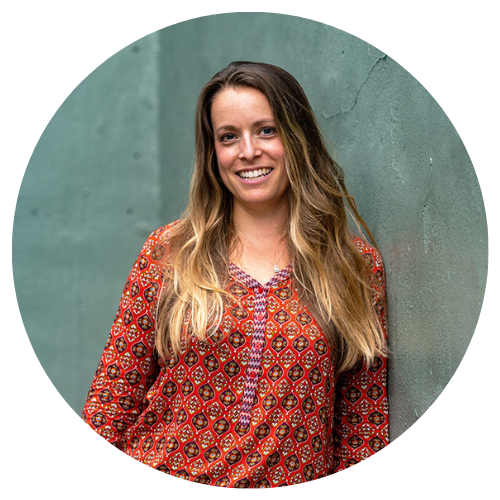
Jen Panaro
Jen Panaro, founder and editor-in-chief of Honestly Modern, is a self-proclaimed composting nerd and advocate for sustainable living for modern families. To find her latest work, subscribe to her newsletter, Stepping Stones.
In her spare time, she’s a serial library book borrower, a messy gardener, and a mom of two boys who spends a lot of time in hockey rinks and on baseball fields.
You can find more of her work at Raising Global Kidizens, an online space to help parents and caregivers raise the next generation of responsible global citizens.

